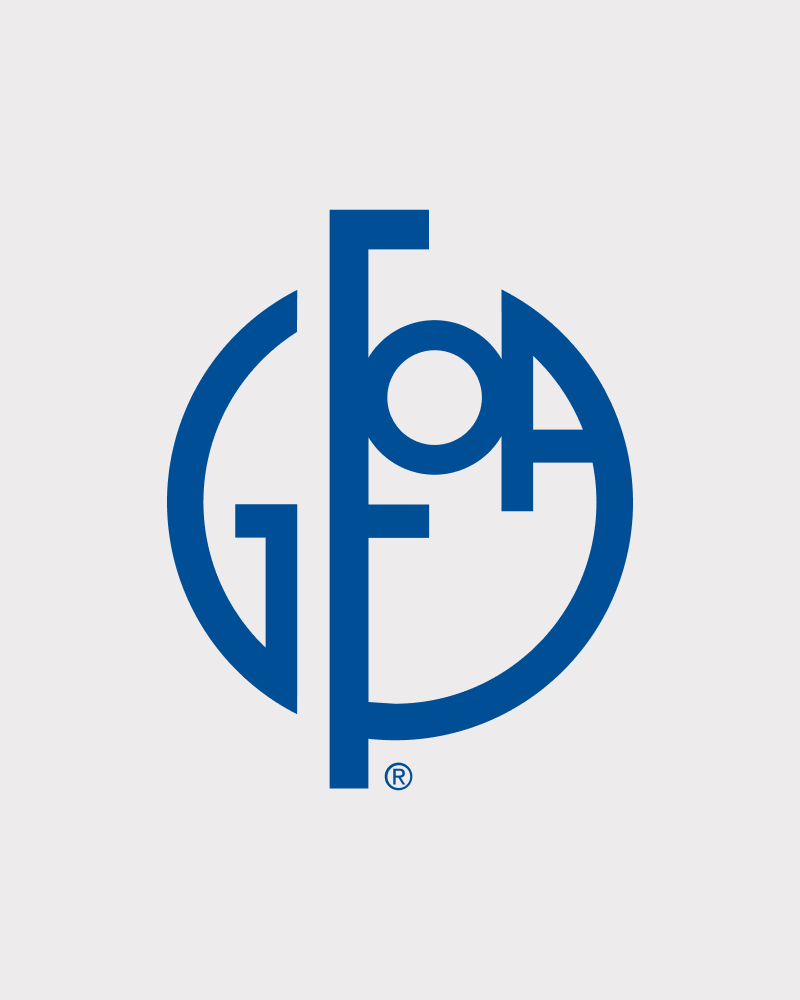OPEB Governance and Administration
Compensation and Benefits
OPEB Governance and Administration
Sponsoring governments should establish a clear, well-documented governance structure to guide governing bodies and plan administrators.
Board approval date: Friday, March 3, 2023

